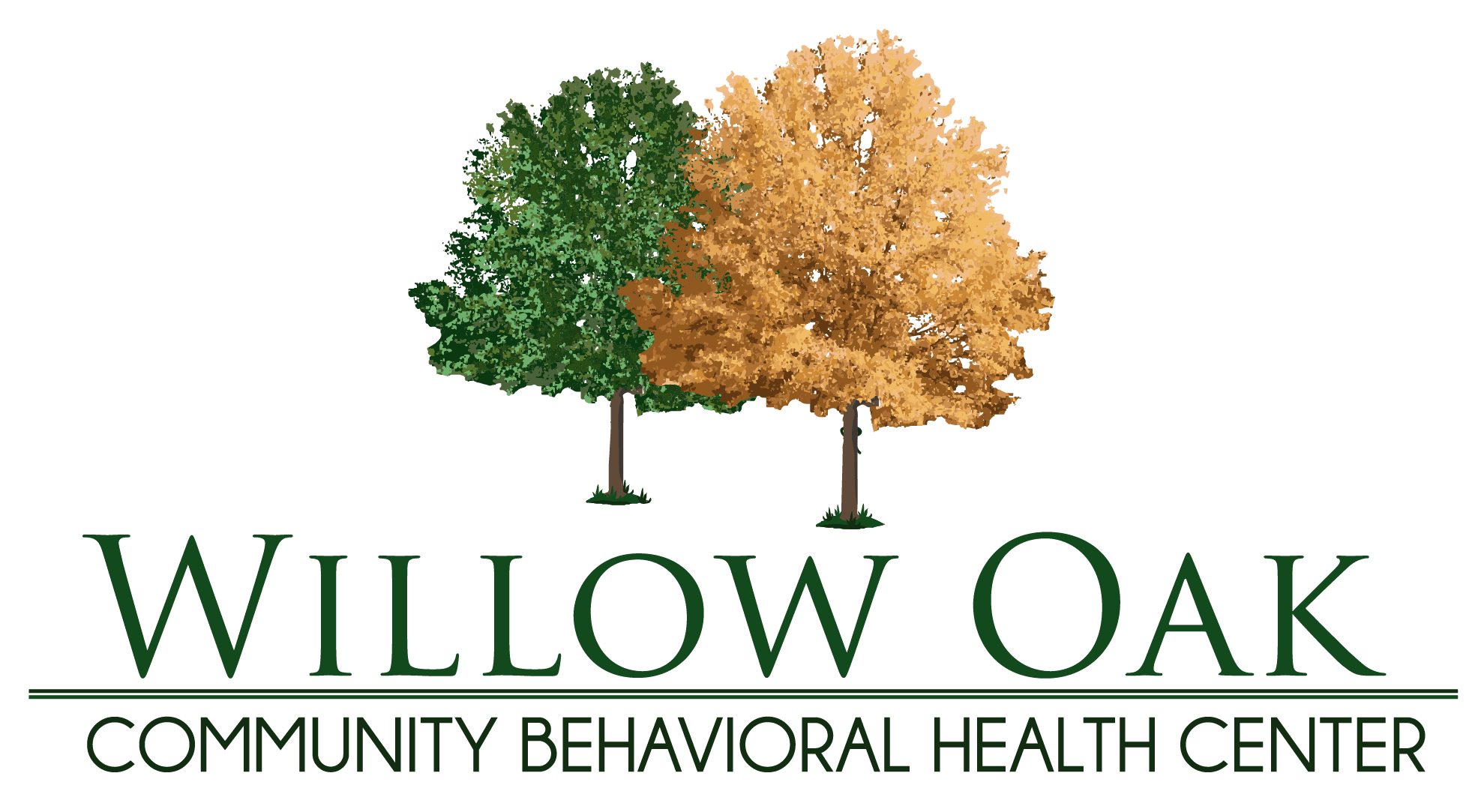Everyone including children and adolescents experience stress and anxiety. We generally learn coping mechanisms and these feeling eventually go away. Anxiety Disorders is the most common mental health concern in the United States, experienced by about 40 million adults.
When feelings of anxiety /stress change your day-to-day-function, then it is advisable to seek help from an experienced counselor.
People with anxiety disorders may have feelings such as:
- Feeling tense, jumpy, jittery
- Feeling irritable for no explainable reason
- Feeling overly watchful or anticipating of danger
- They may also experience:
- racing/pounding heart beat
- shortness of breath or difficulty breathing
- upset stomach, frequent diarrhea and or urination
Types of Anxiety Disorders
Panic Disorder: a sudden, overwhelming feeling or attack of fear. These episodes of attack come on very suddenly without any warning. During panic attacks, it’s possible to experience chest pain, heart palpitations, shortness of breath, upset stomach.
Generalized Anxiety Disorder: constant, excessive worry about everyday life; so much so, that one finds it difficult to concentrate when doing routine everyday tasks. Often this level of fear or tension causes headaches or nausea.
Social Anxiety Disorder: causes an intense often irrational concern about social humiliation. People experiencing this type of anxiety disorder may completely shut-down in social situations or may even experience panic attacks.
Phobias: people with phobias experience intense, unexplained-maybe even irrational fear. Individuals attempt to avoid or control situations or things that triggers these feelings.
So, what causes Anxiety Disorders?
Mental health experts believe there are many causes to include: Genetics-tends to run in the family and Stress-a stressful or traumatic event such as abuse, violence, death of a loved one, or prolonged illness.
How do I know If I have an Anxiety Disorder?
Because many of the symptoms you may experience can easily be caused by a medical condition, it’s important that you see a medical provider who will determine that a medical condition does not exist. They may then refer you to a mental health professional or you may refer yourself. The mental health professional will perform a series of assessment to determine if you have an anxiety disorder.
How can I help myself if I have an Anxiety Disorder?
Remember, there are different types of anxiety disorders so it is very important that a mental health professional work with you to create an individualized treatment plan. This treatment plan should be designed with you and your needs in mind. Treatments include:
- Cognitive Behavioral Therapy
- Medications (anti-anxiety & anti-depressants)
- Complimentary health therapies like relaxation and stress reduction techniques.



No Comment
You can post first response comment.